Countries race to manage AI tools
- Tram Ho
According to Japan News, during the summit meeting on Friday afternoon (May 19) in Hiroshima, Japan, the leaders of the G7 (Group of leading industrialized countries in the world) agreed on an initiative to build international rules for artificial intelligence (AI).
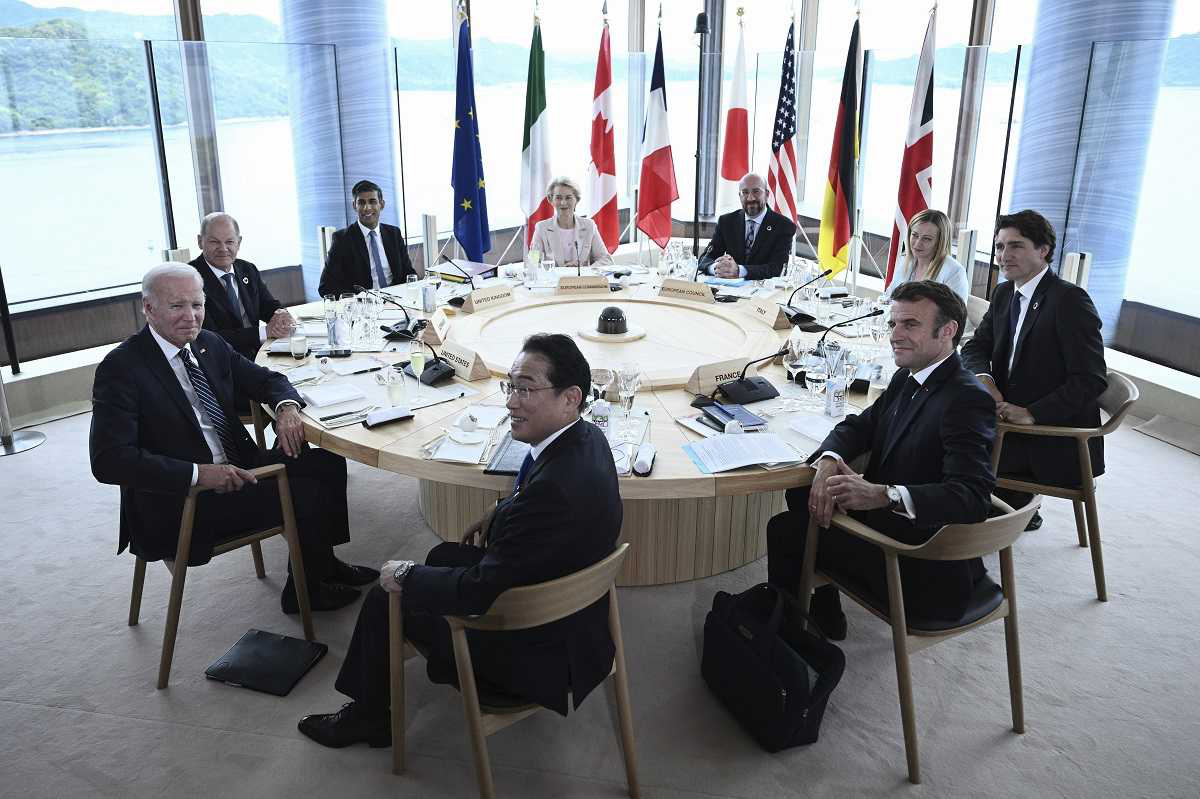
G7 leaders at the Summit in Hiroshima, Japan on May 19. (Source: AP)
Making international rules with AI is considered an urgent need, as countries are grappling with problems arising from AI technology, such as piracy and spread of false news in media.
The leaders agreed with the Japanese Government’s proposal for a framework to promote cabinet-level dialogue on artificial intelligence rules. Dubbed the Hiroshima AI Process, the initiative aims to unify views on technology rules among the G7 nations.
The G7 leaders also discussed the potential and risks of AI, especially conversational models such as ChatGPT, a service that has gained popularity in recent times but also raises major concerns about risks. Copyright infringement.
Both European Commission (EC) President Ursula von der Leyen and UK Prime Minister Rishi Sunak have expressed strong support for “protective measures” for the development of technology.
We also need to build safeguards for AI development. We want AI systems to be accurate, reliable, secure and non-discriminatory, regardless of their origin.
“The potential benefits of artificial intelligence for people and the economy are huge,” von der Leyen said at the opening session of the conference in Hiroshima on Friday. “However, we also need to build safeguards for AI development. We want AI systems to be accurate, reliable, secure and non-discriminatory, regardless of origin. of them”.
British Prime Minister Sunak said that AI has the potential to benefit economic growth and transform public services, as long as it is used “in a safe, secure, and fenced manner”. . He added that the UK Government will work closely with international allies to coordinate efforts to ensure proper regulation for companies developing AI.
Increasing warnings about risks from AI
The move by the G7 countries comes amid rapid advances in AI in recent months that have attracted worldwide attention, both positively and negatively.
On the one hand, the spectacular development of generative AI tools, with diverse features such as composing music, painting, writing essays, writing poetry, etc., has made many users fascinated.
However, the intelligence of the tools also makes many people feel concerned, because of the potential consequences they can bring, completely transforming people’s daily lives, from work, to education. education to copyright and privacy issues. A recent Reuters/Ipsos survey also found that 61% of Americans are concerned that AI could threaten the future of humans.

A recent Reuters/Ipsos survey found that 61% of Americans are concerned that AI could threaten the future of humans. (Source: Reuters)
Hundreds of leading technology experts and scientific researchers have warned about the dangers of AI.
In an open letter published at the end of March, it even called on businesses to “pause” the development of new AI models for 6 months. Big names such as billionaire Elon Musk – CEO of electric car company Tesla or Apple co-founder Steve Wozniak all consider this essential to consider the risks.
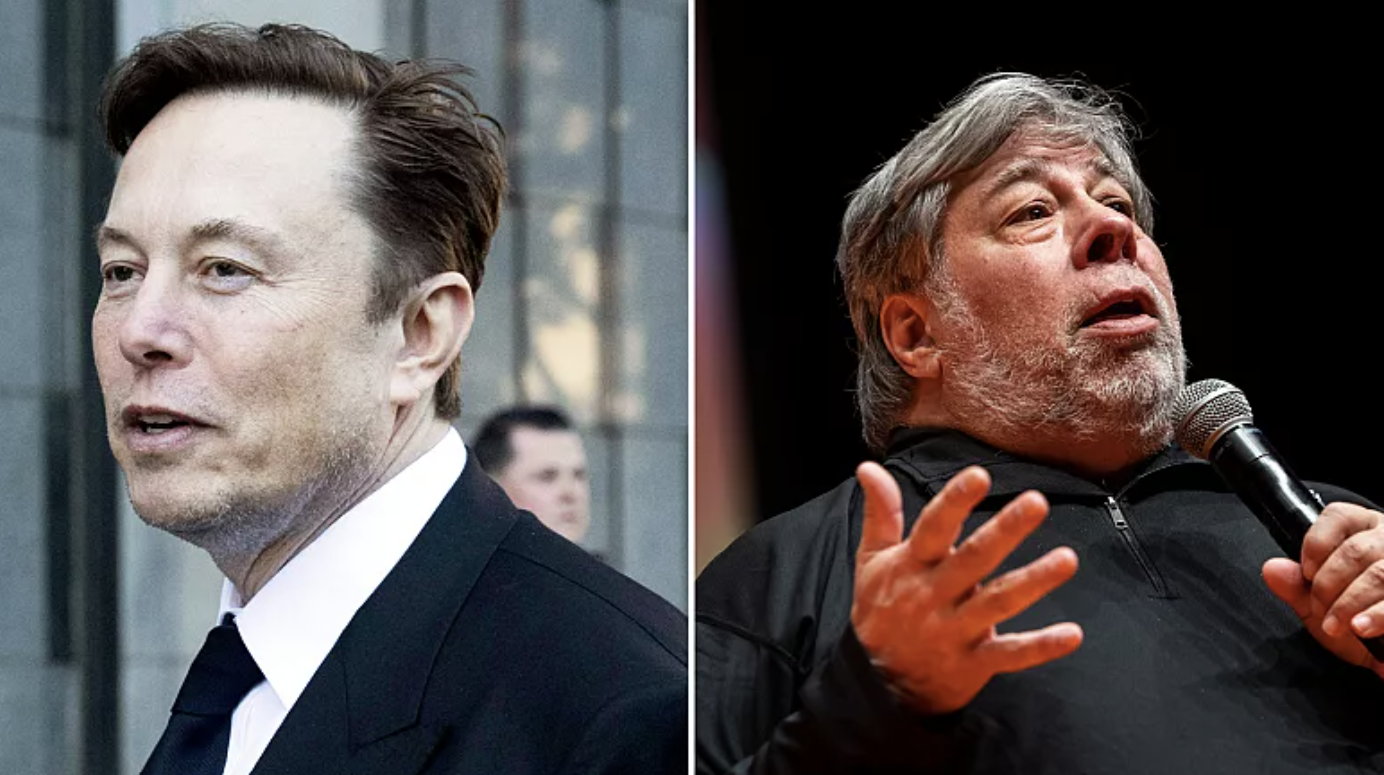
Billionaire Elon Musk and Apple co-founder Steve Wozniak are among the top tech leaders calling for a halt to the dangerous AI race. (Source: AP)
Earlier this month, veteran scientist Geoffrey Hinton decided to give up his position as vice president at Google to be able to directly issue warnings about the threat of artificial intelligence.
I don’t think they (tech companies) should scale up AI models until they are really sure they can control it.
“I don’t think they should scale up the AI models until they are really sure they can control it,” said the expert who is often likened to the “godfather” of AI. with the New York Times.
Mr. Hinton also called for regulation and global cooperation to rein in technology that he and many others say can destroy the labor market, distort the Internet environment, or even bypass the Internet. human intelligence.

Veteran scientist Geoffrey Hinton warns the threat from AI is even more urgent than climate change. (Source: Reuters)
Europe is at the forefront of AI technology management
In fact, to date, there has been little concrete agreement between governments on how to monitor AI. There are also significant differences in AI regulations among G7 member countries.
The European Union (EU) is currently the region taking the most drastic action in establishing new technology regulation. As early as 2021, EU officials have proposed an AI law to regulate all products and services using this technology.
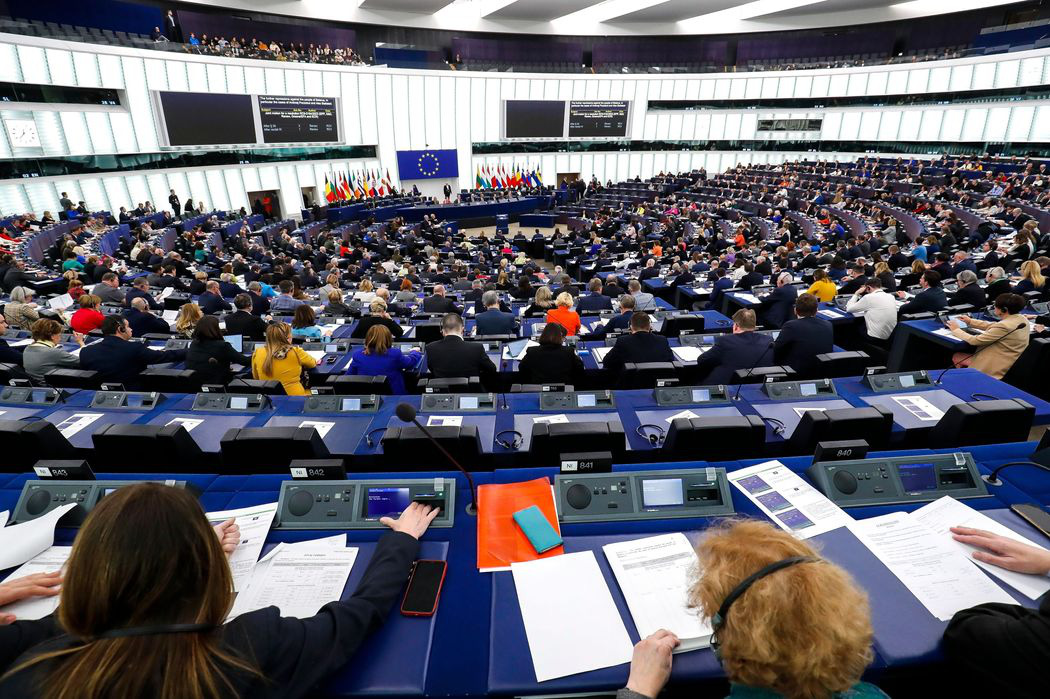
European Union (EU) lawmakers are trying to pass a draft AI law this year. (Source: WSJ)
The Act would classify AI tools according to the level of risk each tool poses, from low to unacceptable, and force governments and businesses using these tools to comply. comply with various obligations according to the level of risk, which include transparency requirements and accurate data usage.
In line with the rapid changes of technology, on May 11, EU officials continued to pass more than 3,000 adjustments in the AI regulation bill.
In particular, it is worth noting that AI developers will have to conduct a safety assessment, have a data management solution and reduce risks before bringing the product to market. AI tools must also send notices to users that their products are AI-generated.
It is expected that the European Parliament will conduct a vote on the draft amendment bill in mid-June, before allowing member states to approve it at the latest in early 2024. If passed favorably, Europe’s AI legislation is expected to have a major impact on the rest of the world, even becoming the de facto global standard for artificial intelligence.
The race to control AI spreads
In the US – home to many major technology companies, as early as last year, government officials began drafting guidelines for the use and development of AI due to concerns about privacy violations.
In late April, the Federal Trade Commission and the US Department of Justice said they would use legal tools to combat AI-related harm. The U.S. Department of Commerce also solicited input from agencies, organizations, and experts in the technology sector on regulations related to potential accountability measures for AI systems.
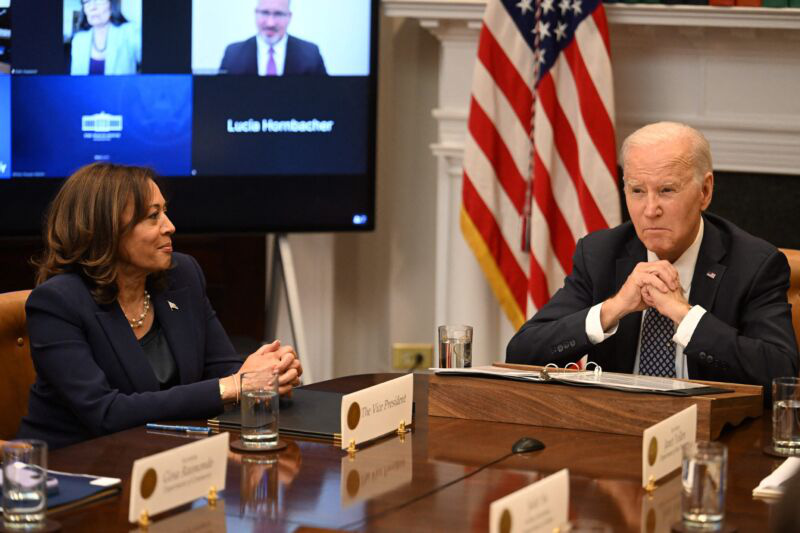
US President Joe Biden called on the executives of leading US technology firms to limit the risks that AI tools can bring to users. (Source: Reuters)
On May 4, in a meeting with the executives of leading US technology firms such as Microsoft and Google, President Joe Biden emphasized the need to limit the risks that AI can bring to the world. users, society and national security.
Technology companies have a responsibility to ensure that their products are safe before being widely deployed to the market.
Therefore, Mr. Biden called for, “technology companies must have a responsibility to ensure that their products are safe before they are widely deployed to the market”.
Similar moves are also being made in many other countries. The Japanese authorities are conducting discussions mainly focusing on how AI can be used, while the UK Government has planned to divide the responsibility of managing AI between human rights authorities, health, safety and competition.
British Prime Minister Rishi Sunak has even emphasized the importance of ensuring “sovereign competence” with AI to manage national security risks.
In the world’s second largest economy, China, the cyber regulator also published a draft regulation of AI services in April. According to this draft, companies will have to submit a security assessment to the authorities, before deploying services and products to the market.
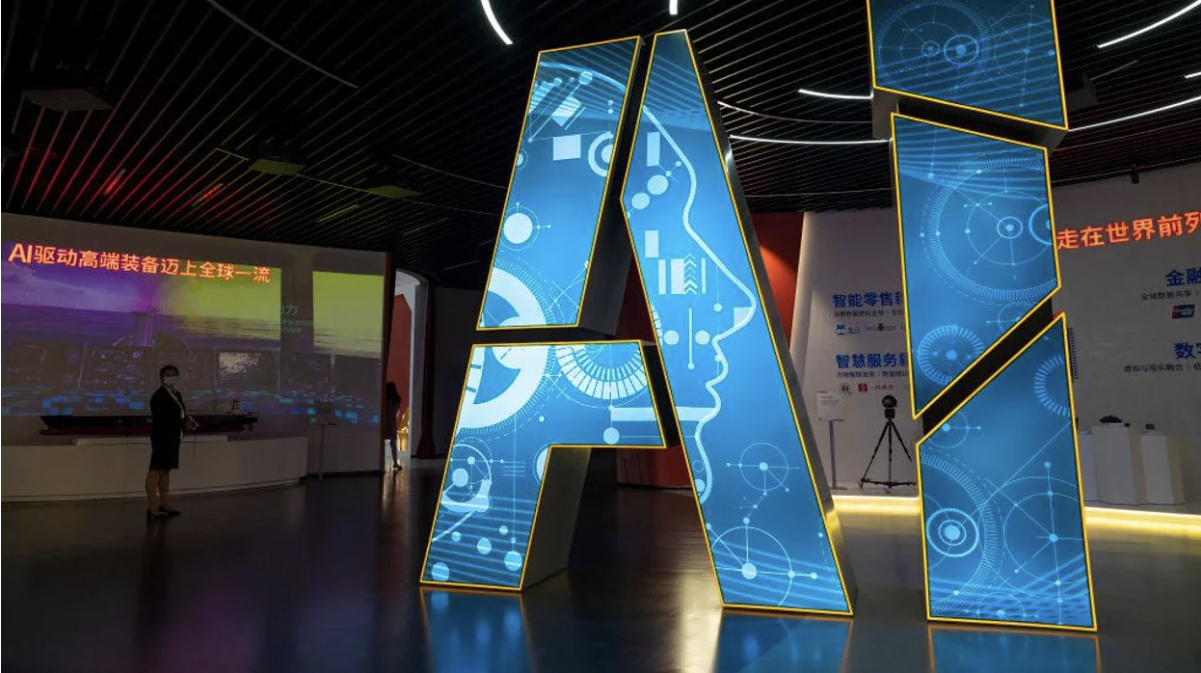
In April, China’s cyber-regulatory authority published a draft regulation of generative AI services. (Source: Xinhua)
According to Matt Sheehan, China technology expert at the Carnegie Endowment for International Peace, while the EU takes a holistic approach with a wide range of regulations, China tends to adopt a more conservative approach. piecemeal, with successive policies targeting specific AI applications. This is expected to help Beijing “be able to continuously respond to changes in technology while maintaining closer scrutiny”.
The distance from desire to reality is still far
In the context of the race to control AI technology is heating up, the leaders of technology companies largely agree that there is a need for regulations governing this field with great potential.
During a hearing before a US Senate subcommittee on May 16, Sam Altman – CEO of technology company OpenAI expressed his support for government involvement in controlling AI tools. He also proposed the creation of a centralized regulatory body, in charge of licensing the development of AI models, setting out the testing regulations that AI models need to pass, before being approved. hit the market.
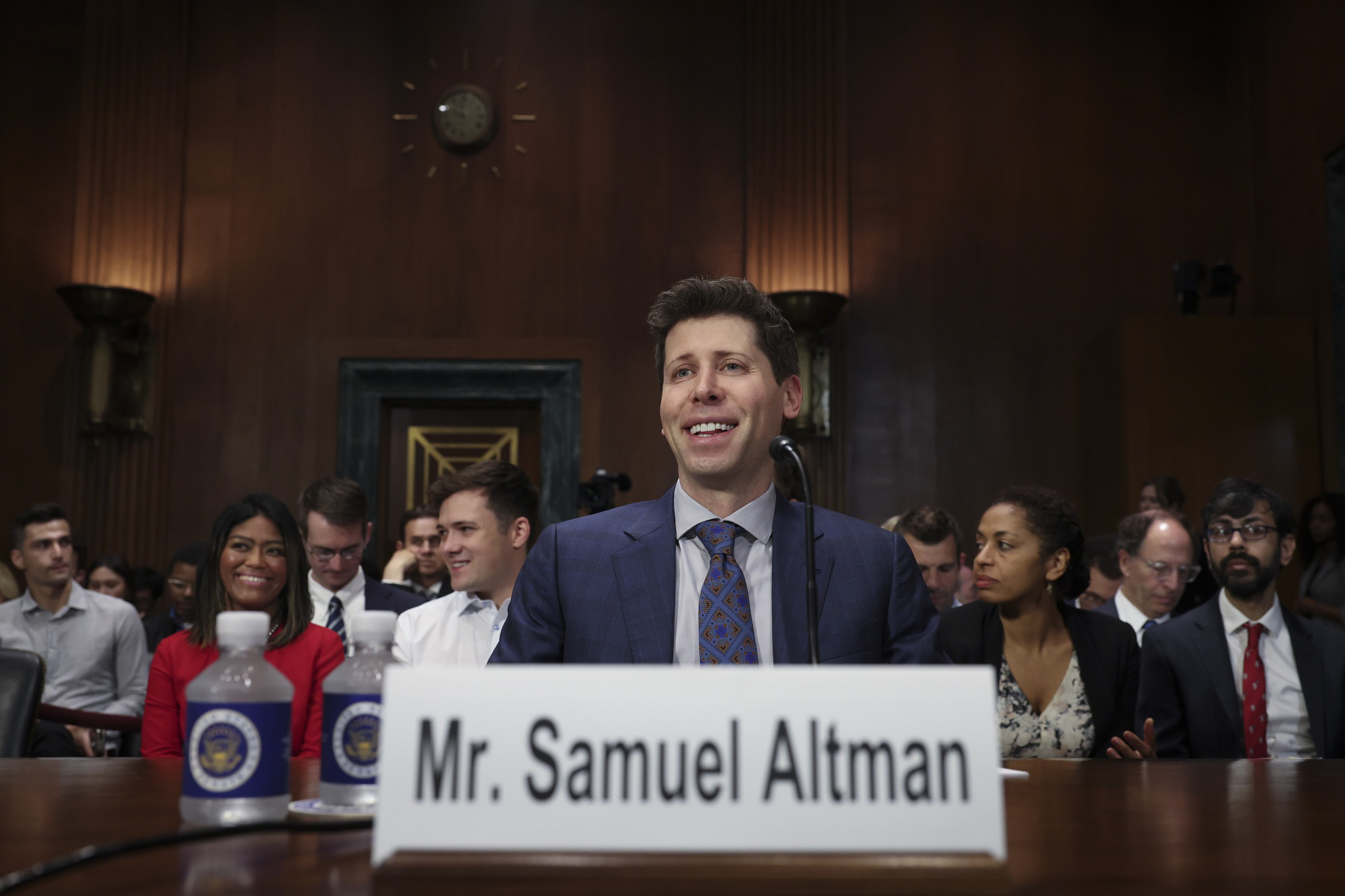
CEO of technology company OpenAI during a hearing before the US Senate on May 16. (Source: Bloomberg)
“We believe the benefits of the tools we’ve deployed so far outweigh the risks, but keeping them safe is critical to our work.” Mr. Altman shared with US lawmakers.
Microsoft, the company behind OpenAI, has welcomed the effort to regulate AI technology in Europe, seeing it as an important step “towards making trusted AI tools a reality.” standard in Europe and worldwide”.
Mr. Sundar Pichai – CEO of Google – the company that is competing with ChatGPT with the Bard chatbot and many other AI tools, also admitted that, “AI is too important an area and needs regulation”.
However, in addition to welcoming these forms of surveillance, technology leaders also expressed concern about the rules they consider too heavy-handed.
IBM chief trust and privacy Christina Montgomery has asked Congress to focus on a risk-based approach. She called for “exact regulations” on how AI tools should be used, rather than restricting how they are developed. “Basically, we think AI tools should be tailored at the point of risk,” Montgomery said.
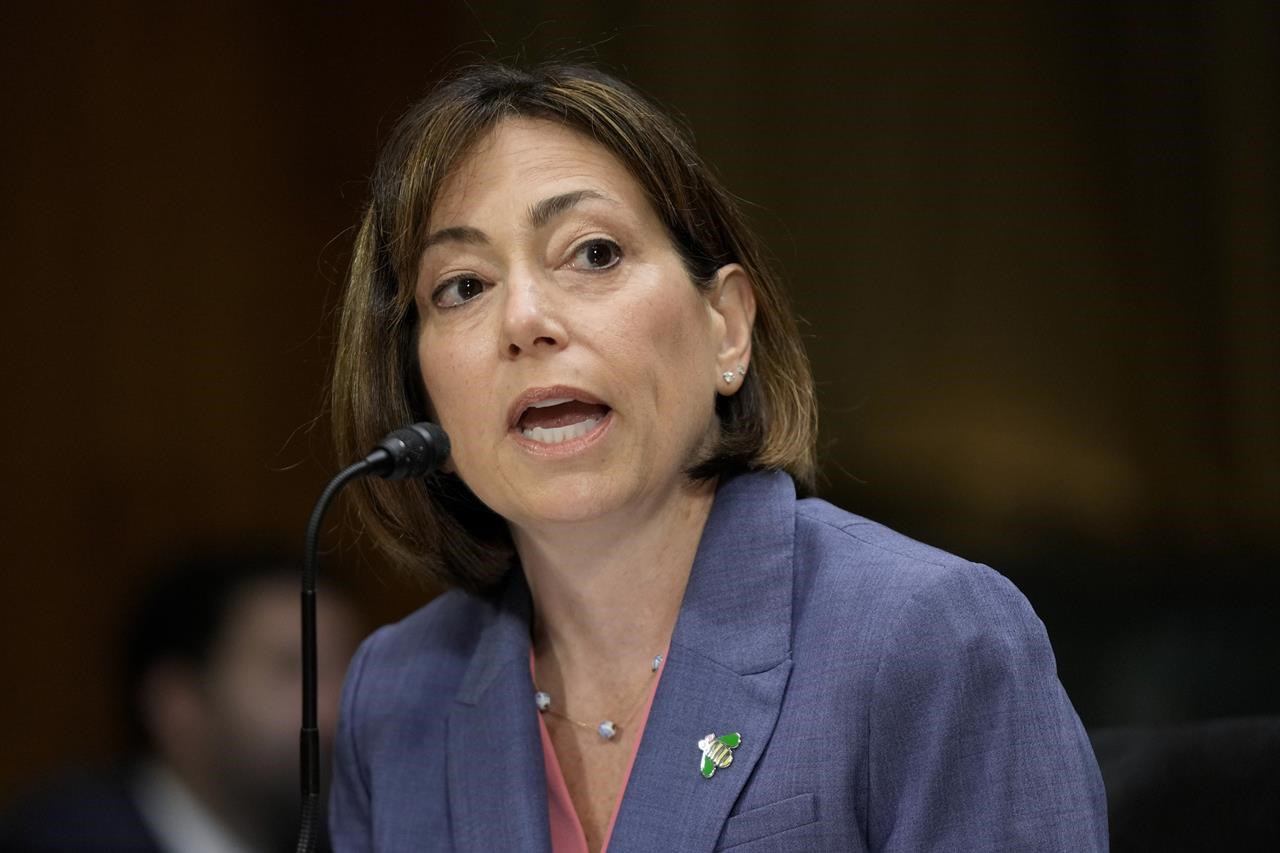
IBM director of trust and privacy Christina Montgomery during a hearing before the US Senate on May 16. (Source: Reuters)
Foreign Policy commented that it is always very difficult to establish common regulatory frameworks for technology, especially with constantly evolving technologies such as AI. Regulations that are too loose, can quickly become obsolete, while regulations that are too tight will hinder the development of AI, affecting the competitiveness of each country.
In fact, the negotiation process to develop rules on social media, 5G telecommunications technology, etc. has caused many geopolitical troubles, as well as sharp disagreements on how to proceed. best approach. And with artificial intelligence, the level of challenge is even greater.
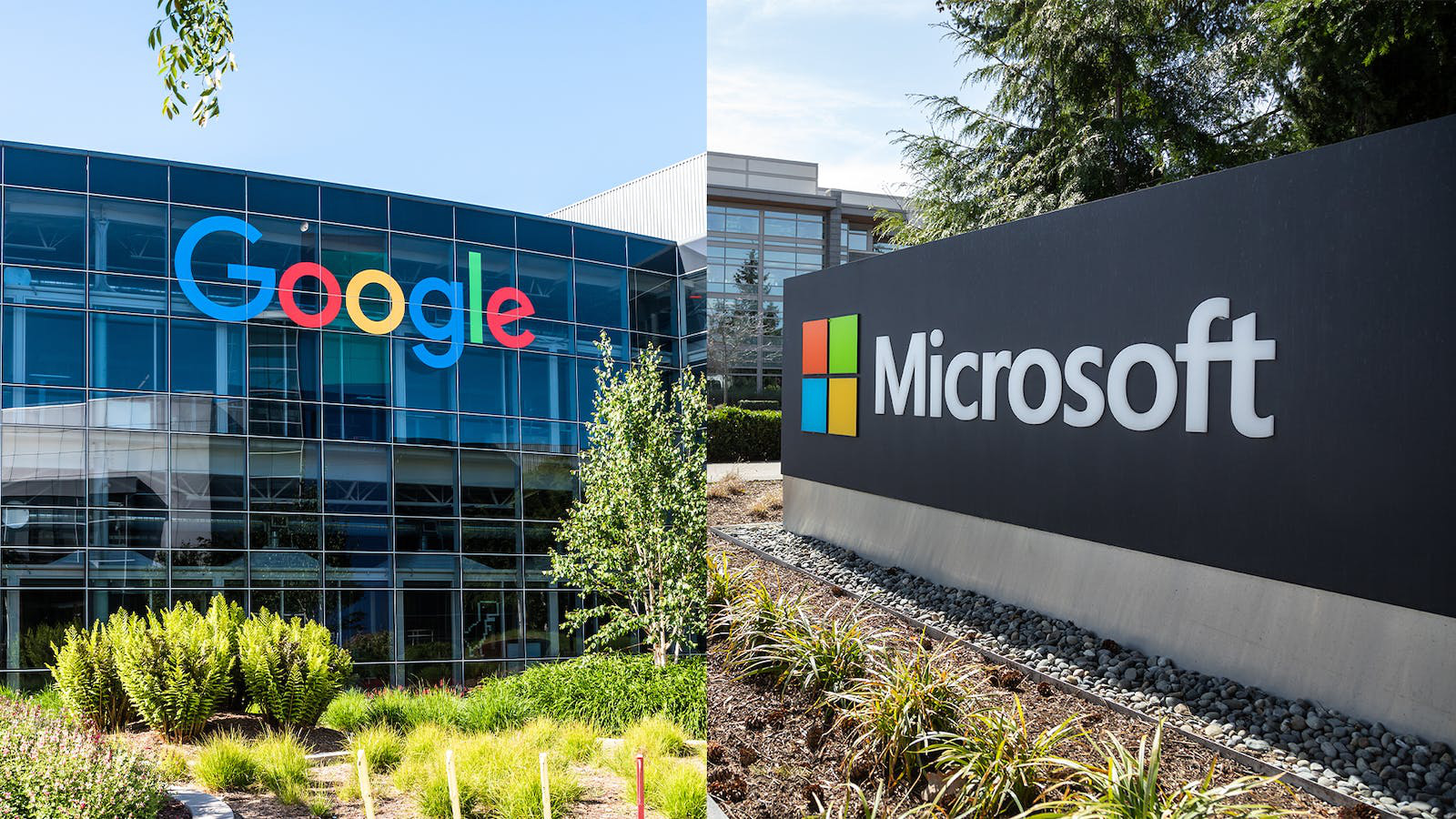
Large technology corporations like Google or Microsoft are still cautious about the possibility of implementing regulations governing AI technology. (Source: Reuters)
Sharing the above view, Google CEO Sundar Pichai also said, “Regulating regulations properly will need a lot of debate. Because no one knows all the answers. No. one company can do everything right”.
Source : Genk
